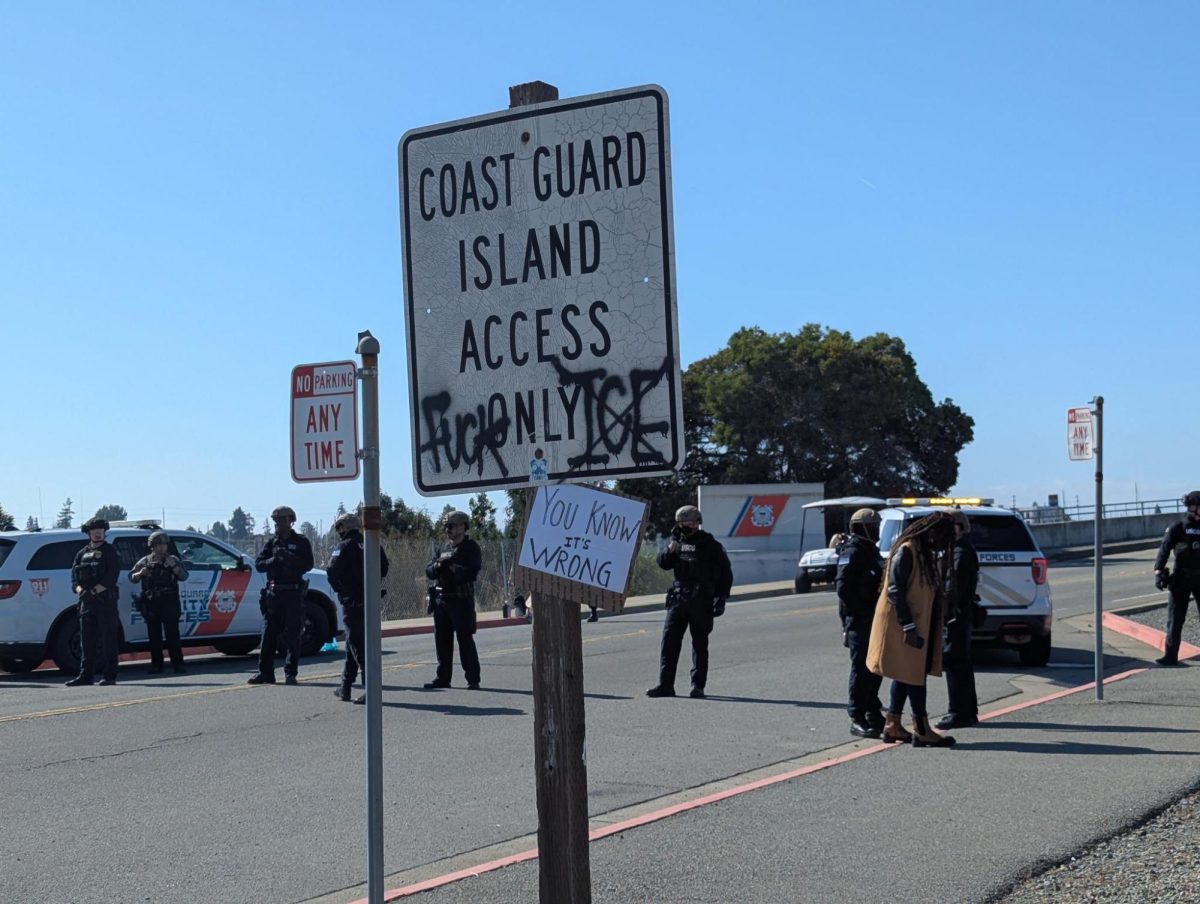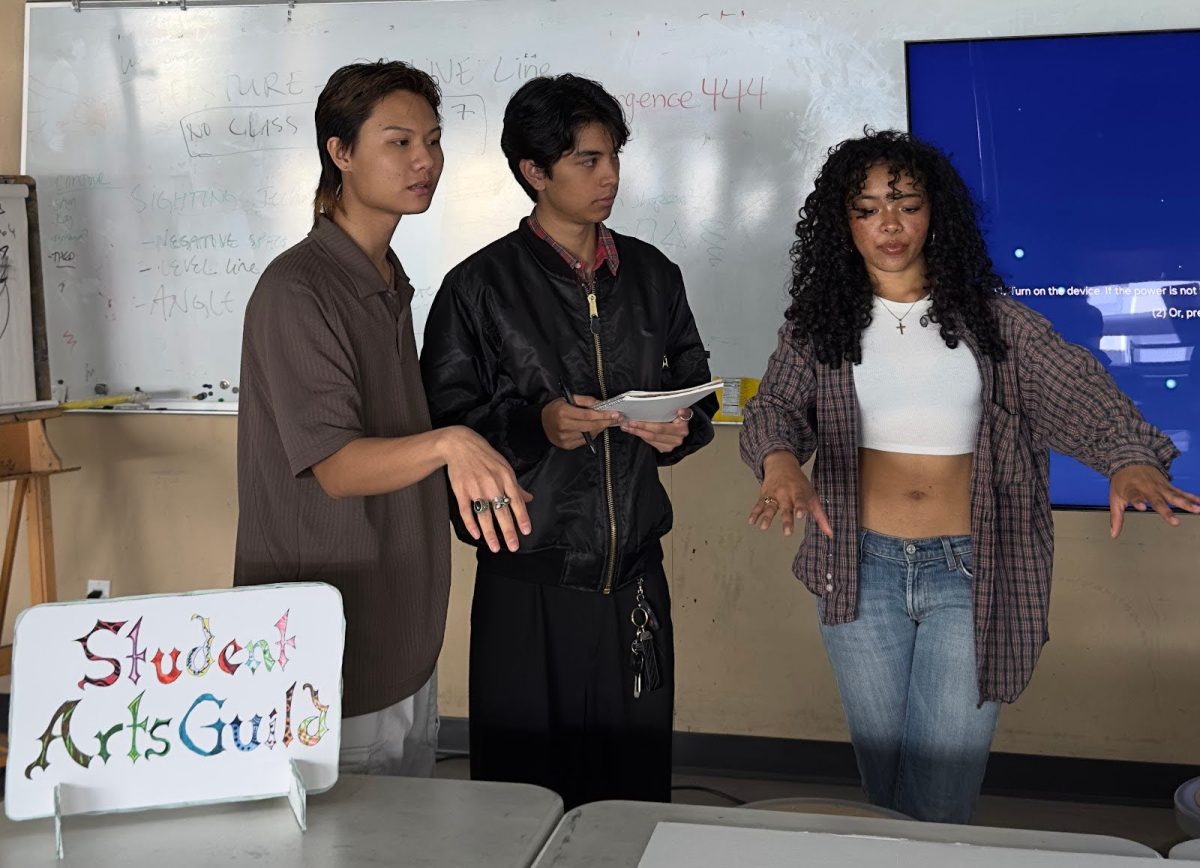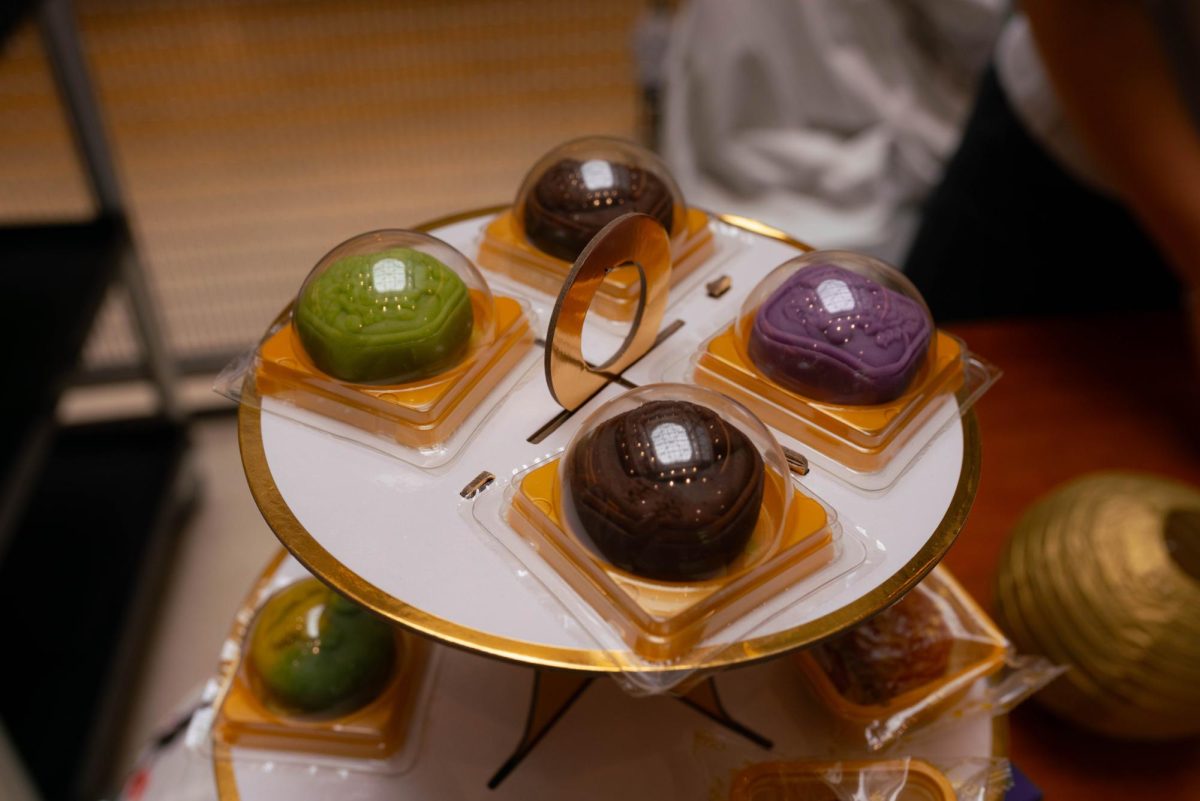
Riveter WWII Home Front National Historical Park in Richmond, CA. A film about Soskin’s nearly century-long journey through American history will be completed and screened in September of this year.
Bay Area’s Betty Reid Soskin tells the story of a lifetime: 95 years of making history
By Chadidjah McFall
“I escaped the fate of my sister,” Betty Reid Soskin told her audience at the Rosie the Riveter Park on March 2, speaking of being hired as a file clerk at the age of 20 at a time when working as a domestic or a teacher were the only employment options for women of color.
“It was like being the first person in your family to go to college at the present time,” Soskin said.
She said that when she was at work she saw only black workers and she had no concept of the bigger picture and never saw the construction of a ship. She also said that the novelty of women working outside the home applied only to white women: black women had always done it.
Soskin, 95, an interpretive ranger at the Rosie the Riveter WWII Home Front National Historical Park in Richmond, is the United States’ oldest active full-time National Park Ranger.
Her lectures explain the real history of Rosie the Riveter, Wendy the Welder, the segregated workforce, and much else. “Now that I’ve lived longer than the people whose memories were different from mine, I’m an historian.”
One ranger said that “Betty is our rock star.”
The park also includes the SS Red Oak Victory, Kaiser Shipyard, and the Ford Assembly Plant. There are stories about both heroic and cowardly actions taken by Americans of both sexes during World War II. The park’s information includes the history of Jim Crow employment practices during the war and also documents the history of United States’ prison camps for Japanese American citizens.
Park presentations explain the many profound changes to American society that began because of wartime employment, including Headstart, the Civil Rights Movement, and Women’s Liberation.
Visitors can push a button and play the video beginning, “She’s making history, working for victory” — the beginning of “Rosie the Riveter,” a popular song recorded by the African American quartet The Four Vagabonds in 1943 that propagandized for women’s entry into work on behalf of the war effort in World War II.
Soskin discussed “eight-hour-orphans” and how they became the focus of government concern.
Soskin noted that Catherine Landreth and Lois Meek Stolz led the way in creating child development centers run by Richmond schools that evolved into the Headstart program.
Soskin also told the audience that in her family three generations of women were adults at the same time: her great-grandmother, who was born into slavery in 1846; her mother, born in 1894; and Soskin herself.

Soskin was born in Detroit in 1921 to a family that moved to New Orleans and then to Oakland after the politically powerful blew up the levees at the time of a 1927 hurricane, destroying her family’s home.
Those three generations encompassed the Emancipation Proclamation and the election of the nation’s first African-American President. Soskin was a guest of Rep. George Miller at Barack Obama’s inauguration in 2009. She met Barack and Michelle Obama and received a commemorative coin when he shook her hand.
When the National Park Service decided to experiment with an urban park in Richmond, Soskin was one of those involved in the planning. And as she stated during a May 15, 2014 interview on NPR, “What gets remembered is a function of who’s in the room doing the remembering.” A film documenting Soskin’s memories is scheduled for completion in September 2017.
Soskin credits two cultural influences as causes of significant change in American attitudes: “Sesame Street” and “Mr. Rogers’ Neighborhood.”
Children who grew up with Jim Henson and Kermit the Frog knew “it isn’t easy being green” and grew up to be adults who supported, among other things, the funding of urban parks like Rosie the Riveter as well as parks that preserve natural areas.
Urban National parks like Rosie the Riveter are accessible to those who may be unable to afford a trip to national parks that preserve wilderness areas like Yellowstone and Yosemite, even though their taxes pay for all of them.
Soskin likes to remind audiences that national parks, whether in urban or wilderness locations, tell us about our history, the history of the American people.
BETTY REID SOSKIN
Soskin gives free presentations three times a week, Tuesdays and Saturdays at 2 p.m. and Thursdays at 11 a.m. Visitors should show up an hour early.
Chadidjah McFall is a Tower Staff Writer.
























